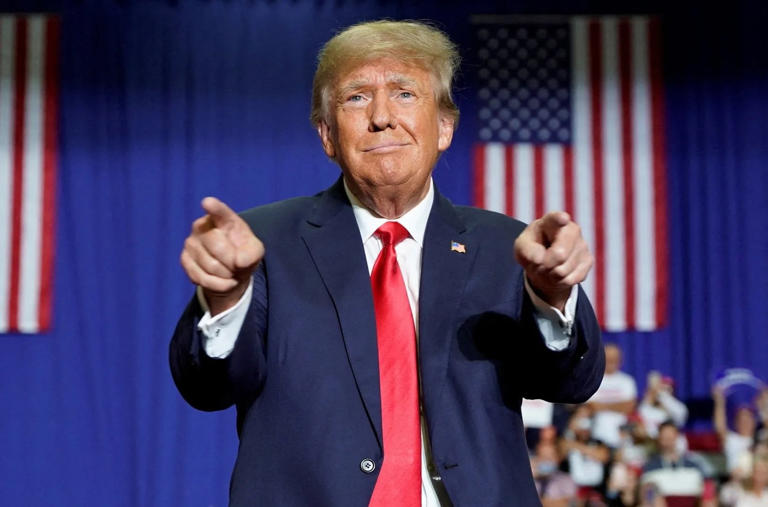U.S. Congressman Matt Gaetz has proposed a groundbreaking bill that would allow federal income tax payments to be made in Bitcoin. If this proposal becomes law, it would mark a significant shift in the government’s approach to cryptocurrencies and potentially position the U.S. at the forefront of digital currency adoption.
The bill, however, must navigate through several legislative hurdles before it can be enacted. Its introduction comes amid a growing political interest in cryptocurrencies within the United States. Notably, President Joe Biden has rehired a prominent crypto advisor, and former President Donald Trump has made pro-crypto statements part of his campaign.
The proposed legislation instructs Treasury Secretary Janet Yellen to develop a plan for accepting Bitcoin for tax payments. This directive is particularly notable given Yellen’s well-known skepticism towards cryptocurrencies. Gaetz believes that allowing Bitcoin for tax payments could foster innovation, enhance efficiency, and provide greater flexibility for American taxpayers. He envisions this move as a bold step towards integrating digital currencies into the financial system, thereby ensuring that the U.S. remains a leader in technological advancements.
In his advocacy for the bill, Gaetz recently attended the inauguration of El Salvador’s President Nayib Bukele, a well-known Bitcoin proponent. This visit underscores Gaetz’s support for the integration of Bitcoin into mainstream financial systems.
The bill includes several key provisions. It mandates the Treasury to establish regulations specifying when Bitcoin payments are officially considered received. It also requires that any Bitcoin received be immediately converted to its dollar equivalent at the end of each transaction to mitigate volatility concerns. Additionally, the bill calls for regulations to address non-tax issues related to Bitcoin payments, ensuring these are managed by the payer and financial intermediaries without Yellen’s direct involvement.
The legislation also aims to streamline the handling of Bitcoin-related tax matters, emphasizing that Yellen should resolve these without needing financial intermediaries. Other sections of the bill cover the specifics of contracts involving Bitcoin payments, associated fees, and liability issues. If passed, the new rules would apply to payments made one year after the bill’s enactment.
Currently, the Internal Revenue Service (IRS) already requires individuals to report cryptocurrency transactions and pay taxes on any income or gains derived from them. Moreover, several states, including New Jersey and Kentucky, have begun implementing their own regulations regarding crypto taxes. Colorado has even approved the use of cryptocurrency for state tax payments.
Gaetz’s proposal represents a significant potential shift in how the federal government might engage with digital currencies. By embracing Bitcoin for tax payments, the U.S. could enhance its leadership in the evolving landscape of digital finance.
